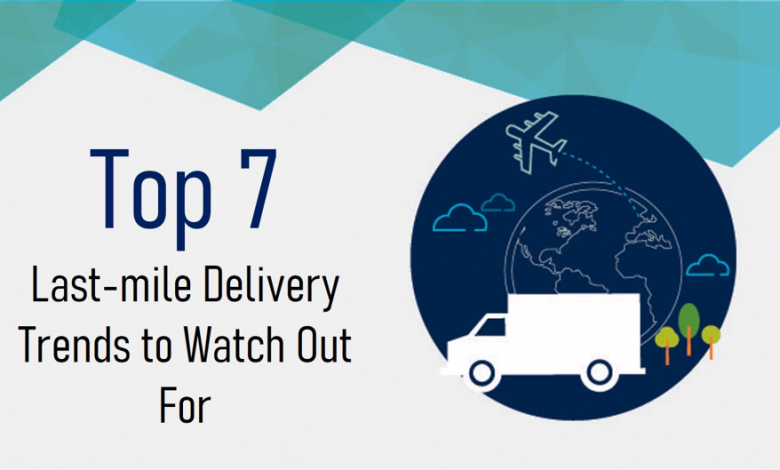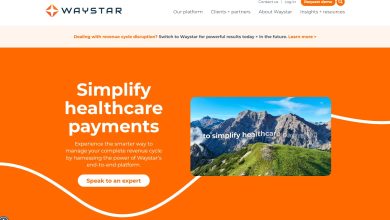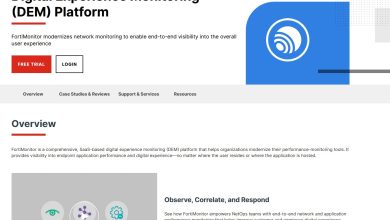
The consumers’ mentality is such that they need the convenience of shopping through an online sales channel, and, in turn, they will need the super-fast delivery offered by the offline stores. Amidst this, the eCommerce companies are hard-pressed to meet the delivery goals expected by the consumers.
In such a case, the reliance to achieve super-fast delivery lies on the last-mile delivery system. Asia Pacific, with its booming retail industry, is leading in the last mile delivery market, as per a report.
The companies operating in the logistics business are striving hard to optimize their last-mile delivery operations, and the eCommerce giant—Amazon—fulfils its shipment on its own.
These are the times when eCommerce businesses are shifting their focus on the last-mile delivery applications and the following trends have been making inroads:
Advent of Robots in the Supply Chain
The very concept on which the eCommerce business of today stands is to make delivery—fast, faster, and in the fastest manner. This leaves no room for manual error. In such a case, Robo-vehicles or automated vehicles are loyally following the delivery men. Some of the packagings are undertaken by automated machines, which is leading to error-free and efficient processing of goods for order fulfilment.
Zero Emission Leading to New Fleet
Ever since the concept of the last-mile delivery solution came into existence, the pressure was on the petrol and diesel-based vehicles. However, as the vicinity grew broader, today we find numerous companies experimenting with electric vehicles to have sustainability in their last-mile delivery system.
Rise of the On-demand Delivery Networks
Also known as the Uberification, the rise of the on-demand delivery services has brought in a revolution in the last-mile delivery ecosystem. eCommerce companies handle warehousing using smart software. However, for the delivery needs, they hire a third party, who owns a vehicle and is well-accustomed with the shortest route to fulfil the delivery faster.
Real-time Delivery Tracking System is No Longer a USP
A customer needs to know every detail about his shipment. For this purpose, businesses that have real-time delivery tracking software integrated into their websites and applications are performing much better than those without these solutions. Companies are offering their customers all the mode of communication via an SMS, Whatsapp, Push Notification, and email to keep them updated about the status of their shipment.
Analytics Scoring an AA in the Business Operations
A number of businesses are moving towards digitalisation and leveraging the prowess of data in true sense to optimize their operations. In such a case, analytics is not only restricted to the number of orders received and the number of orders fulfilled. It is actually moving towards the supply chain side and tracking the last-mile route optimization system to know where fuel and other costs can be cut down for speed and faster delivery.
Drone-based Delivery Services are Being Tested in the Warehouses
Looking at where the eCommerce business has come today from where it started, one thing that has remained constant is the use of technology. On similar lines, to get rid of the fossil fuel-based vehicles and achieve faster delivery, businessmen are testing drone services. Drone services, once implemented, will not only serve as an instrument to make fast deliveries but also cut down on the workforce and their costs.
Last-mile Route Optimisation Application is the Next Big Thing
Be it a fossil fuel-based vehicle or a drone-based delivery system, last-mile route optimization software has the potential to offer ultimate convenience to logistic companies to optimize their business operations and have more resources at their disposal. The frontiers of route optimization solution for last-mile delivery are being pushed to a level that leaves no room for time-consuming approaches to achieve next-day and same-day delivery.
The Sum and the Substance
These are exciting times to be in the logistics industry, especially when technology is changing at a rapid pace. However, there are some technologies like last-mile route optimization system that holds the potential to remain relevant despite the change in the type of the delivery mode.




